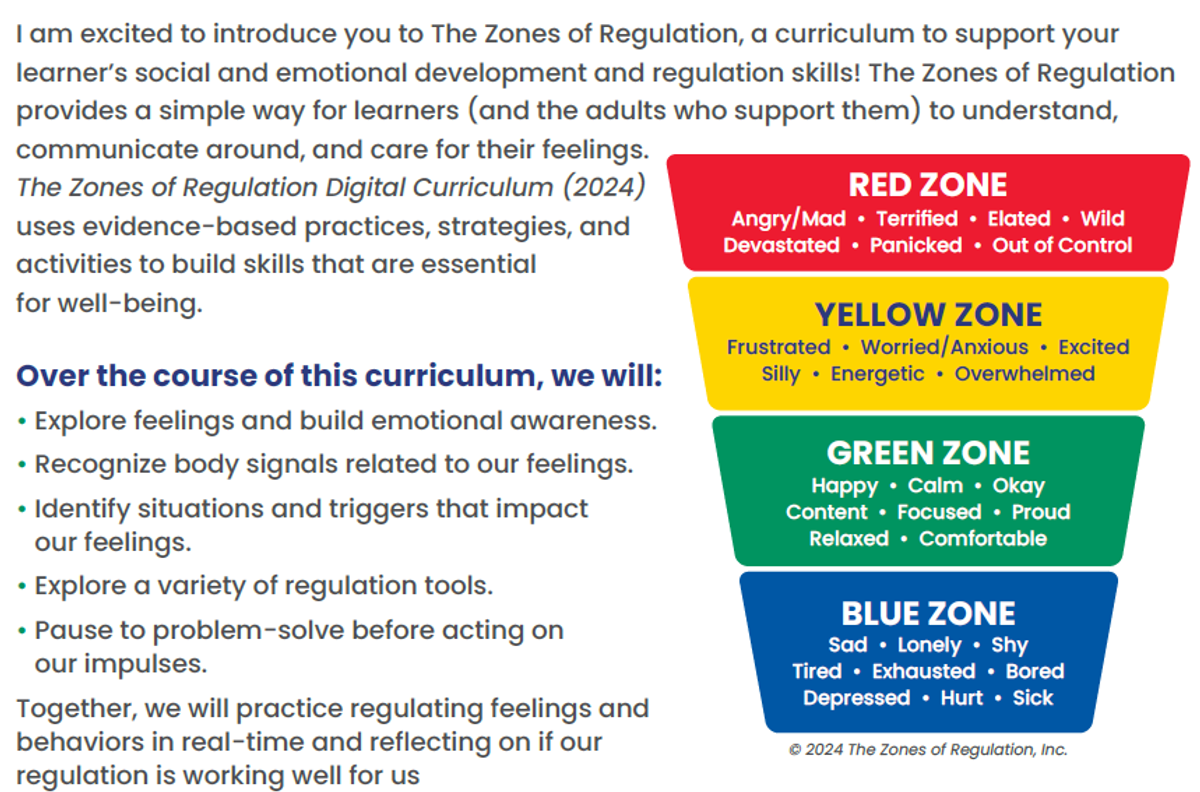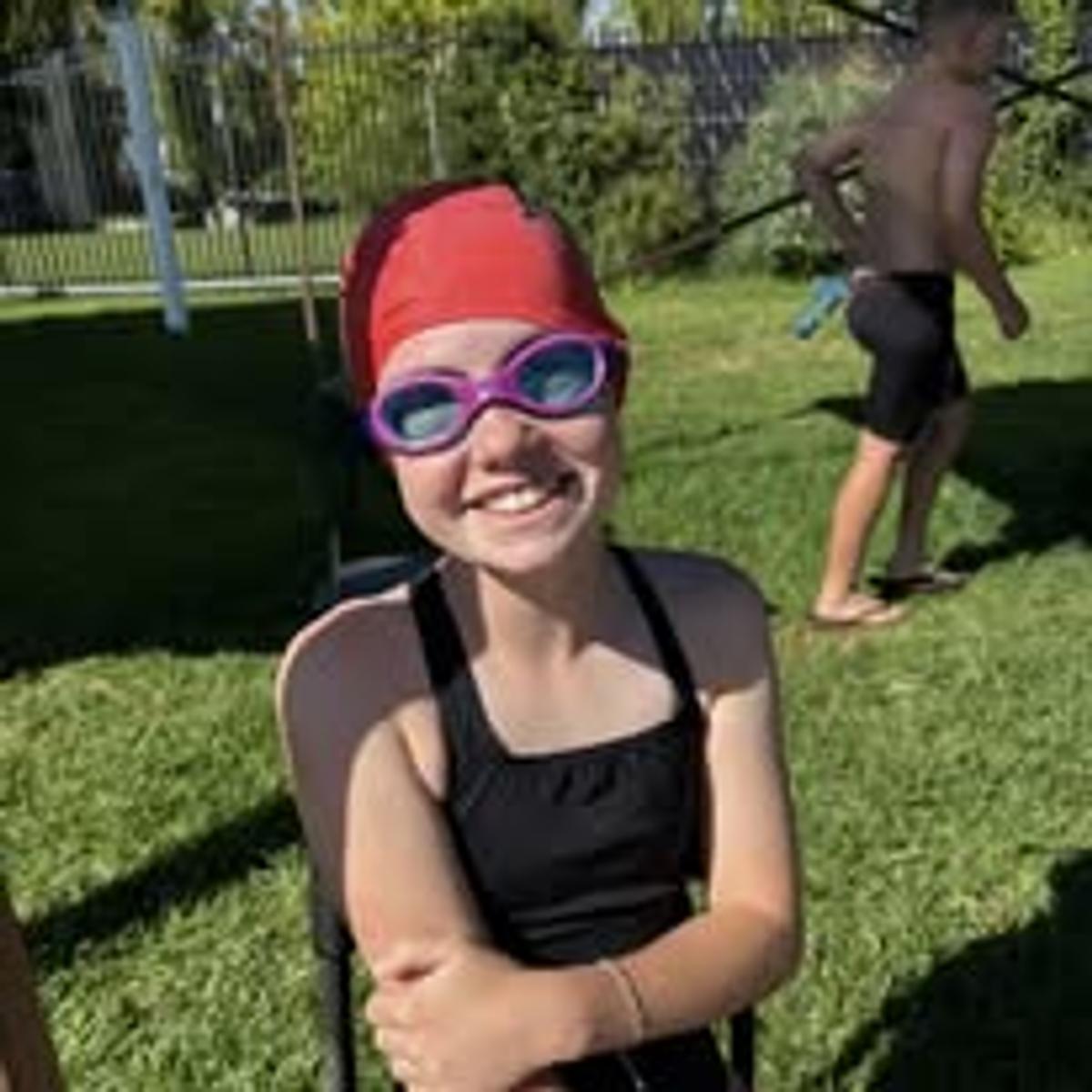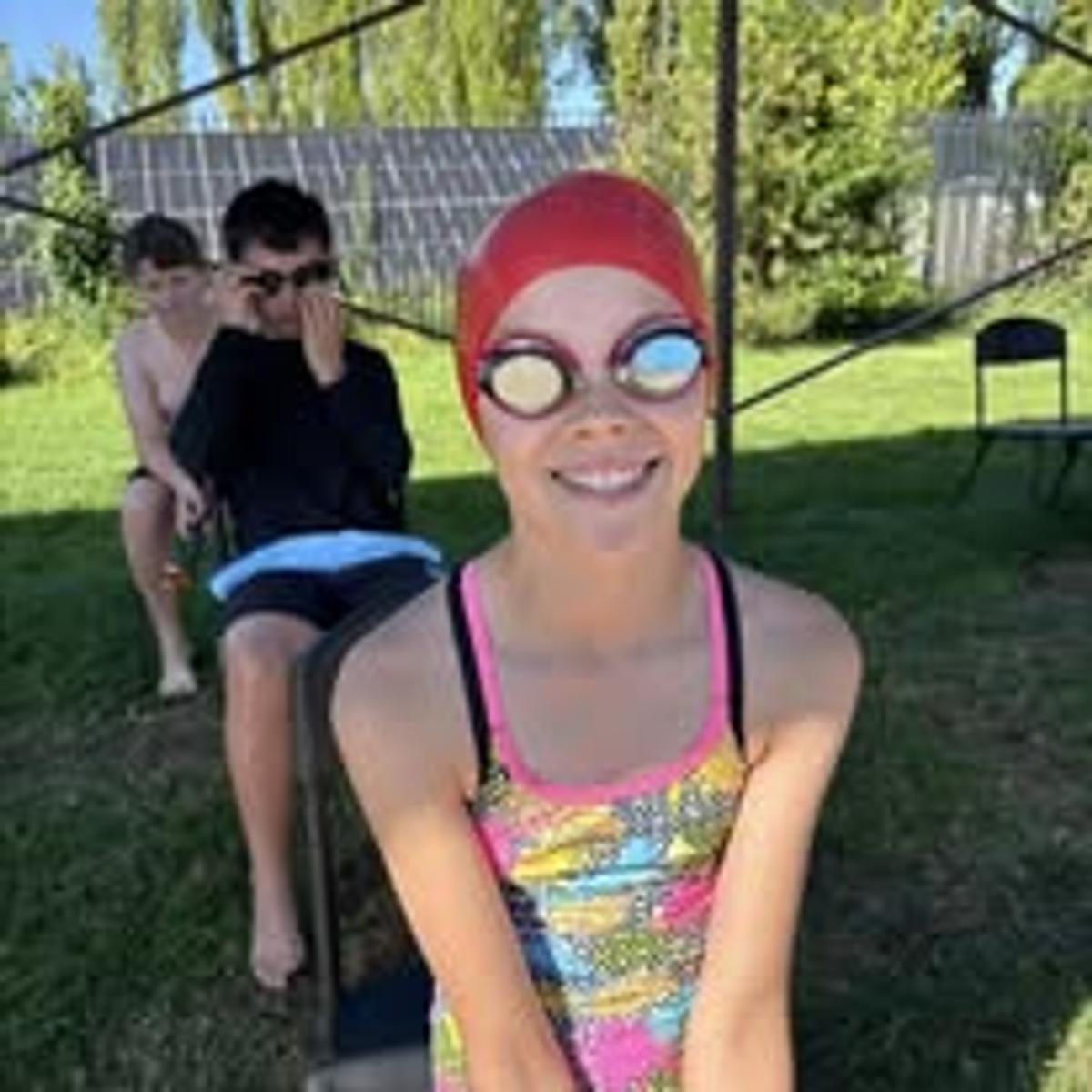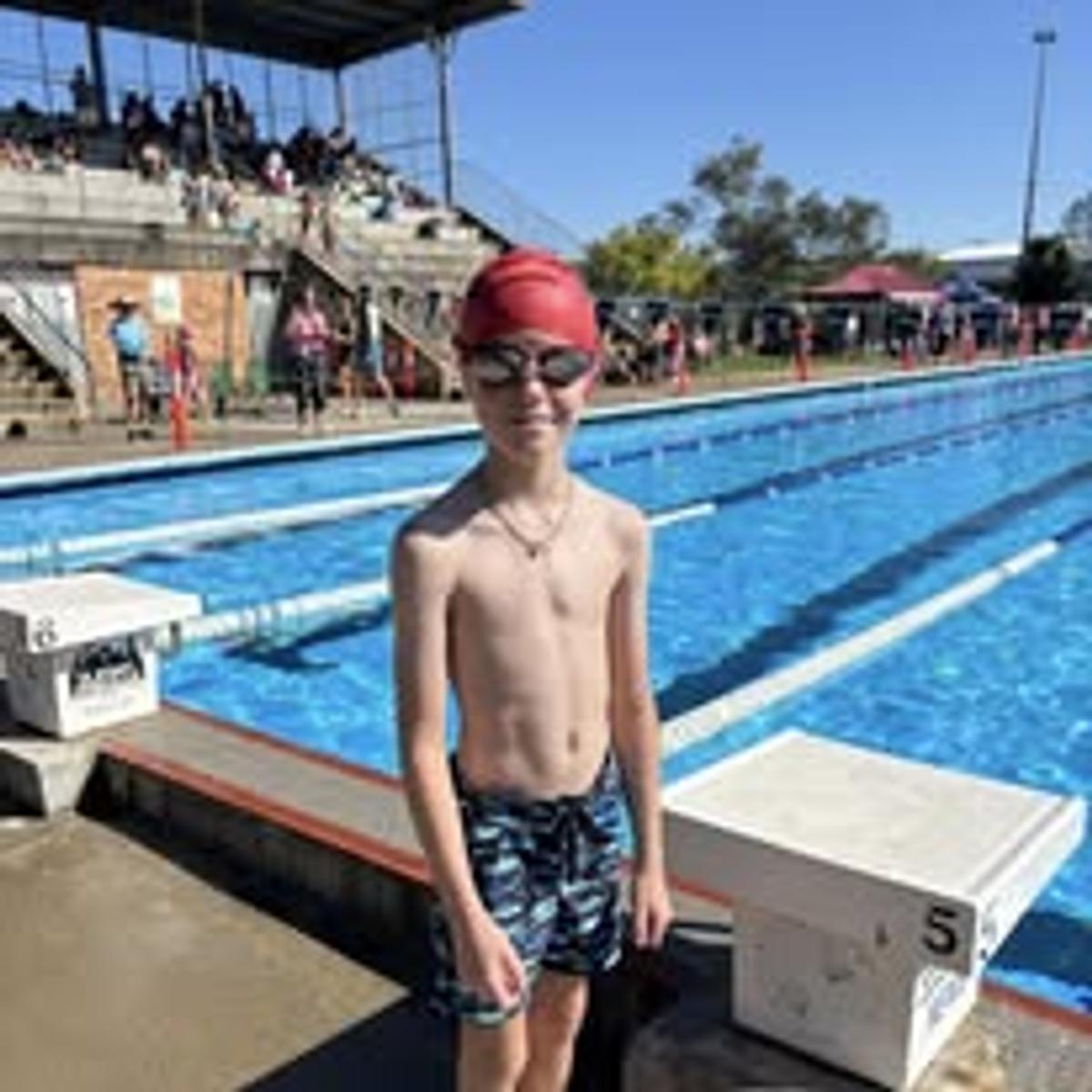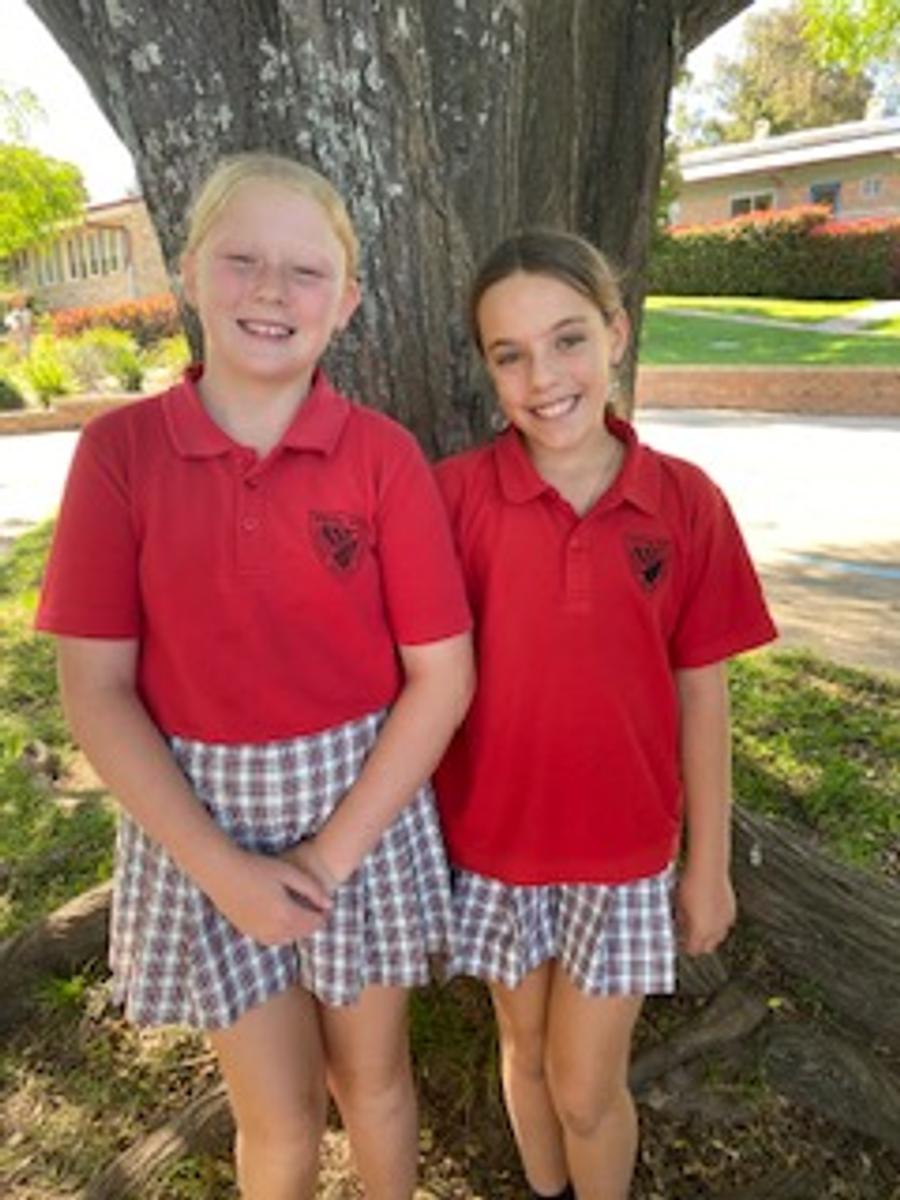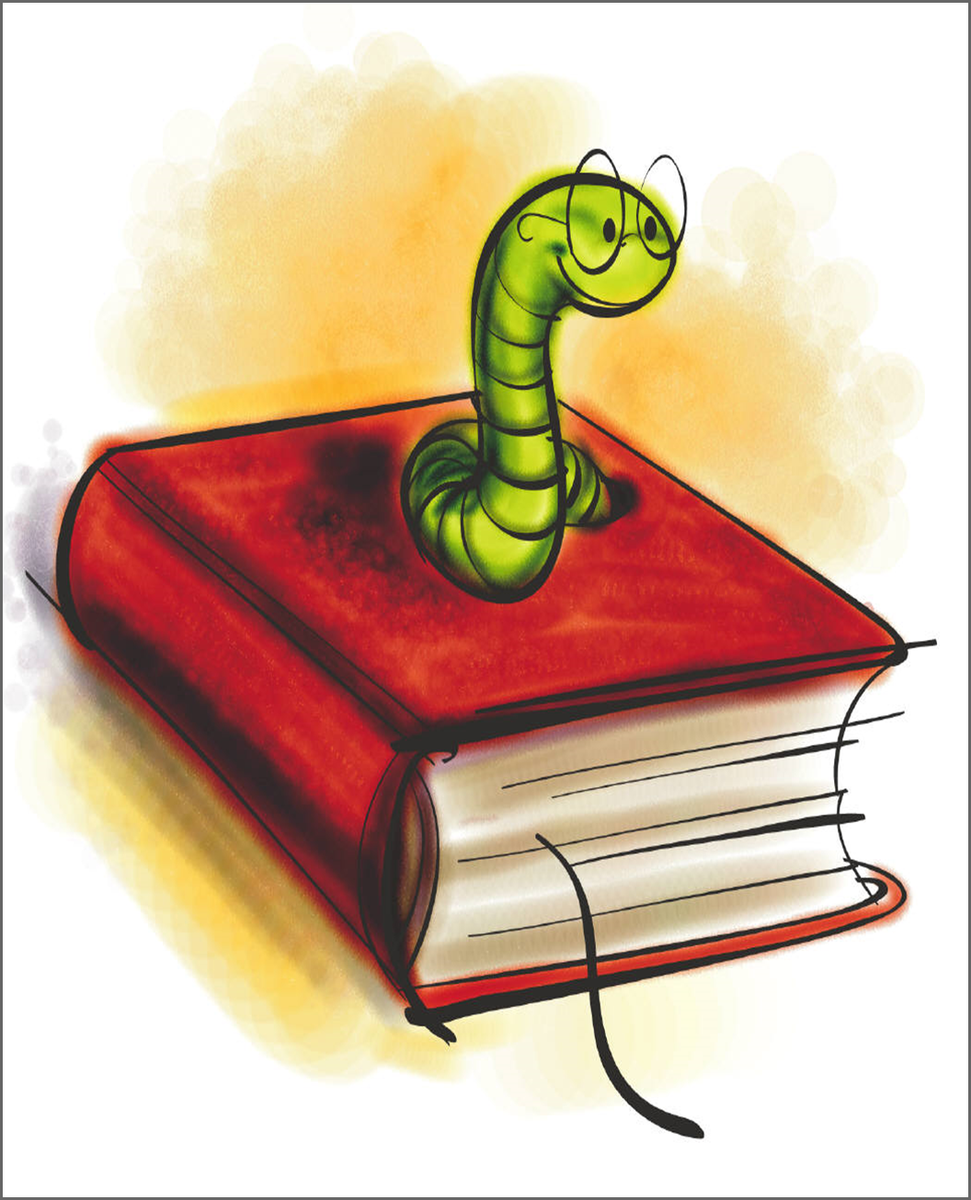From the Principal's Desk

Wellbeing
Zones of Regulation
Throughout 2025 we will be sharing information about the Wellbeing programs here at MGPS.
The Zones of Regulation is a curriculum framework organised around four colored Zones to describe our feelings, energy, and emotions. We learn to regulate our Zones to meet our goals and task demands, as well as support our overall well-being. At MGPS, Year 2 and Stage 2 will be involved in explicit lessons around each zone and ways to regulate their emotions and actions. Stage 3 will be exposed to these strategies and tools through their wellbeing lessons on You Can Do It and PAX.
Early Stage 1 and Year 1 will be learning explicitly about PAX and You Can Do It.
You can learn more about The Zones of Regulation here:
Armidale PSSA Swimming
Congratulations to all our students who attended the Armidale Zone Swimming carnival last Thursday. All of our students tried so hard and did a great job cheering each other on.
Congratulations to the following students who came 1st, 2nd and 3rd in their event meaning they will progress to the Northwest trials on Monday 10 March.
Pippa, Lia, Henry, Travis, Nixon, Edie, Ella, Ryder, Beau-Matthew and our Junior Boys relay team consisting of Jamie, Ryder, Henry and Greyson.
PSSA Northwest Trials
Goodluck to Olivia trialling for the Northwest tennis today and Addie and Emalie trialling for Northwest Basketball on Thursday.
READING AT HOME - Share the love
Reading is important!
Reading has always been an important skill. In our modern world it is more important than ever.
• Children learn about the importance of reading as they watch family members use reading and writing for everyday purposes. Reading with your child at home will help your child in all learning areas of school. Read aloud to children. It helps them to learn the
language of books and will encourage them to enjoy books and reading.
• Talk about books, read together and make reading an enjoyable, shared activity. Children see you reading and writing in everyday life – reading for pleasure, sharing a story with your child, using a recipe, making a shopping list, writing a birthday card or reading street signs. This teaches them that reading and writing are useful skills in today’s world.
· Often parents are asked by the school to listen to their child read at home. It’s a good way of supporting your child’s reading. Books may be borrowed from your school library or your local library.
It is great to listen to your child every day, even for a short time.
Hints for listening to your child read
• Before reading, talk about the cover, the title, the pictures, and discuss what the book may be about.
• During reading, discuss what has been read up to that point, and imagine what will happen next time.
• After reading is finished, talk and ask questions about the story and the pictures.
•On finding an unknown word: Pause to give your child time to work out the word
Prompt.
– go back to the beginning of the sentence, or read past the difficult word to the end of the sentence.
– look for a clue in the picture or the words
– look at the first letter and think about what the words could be
– ask “Does this make sense?”
– try to sound out the word
– if necessary tell your child the word
Praise your child for trying even if mistakes are made.

